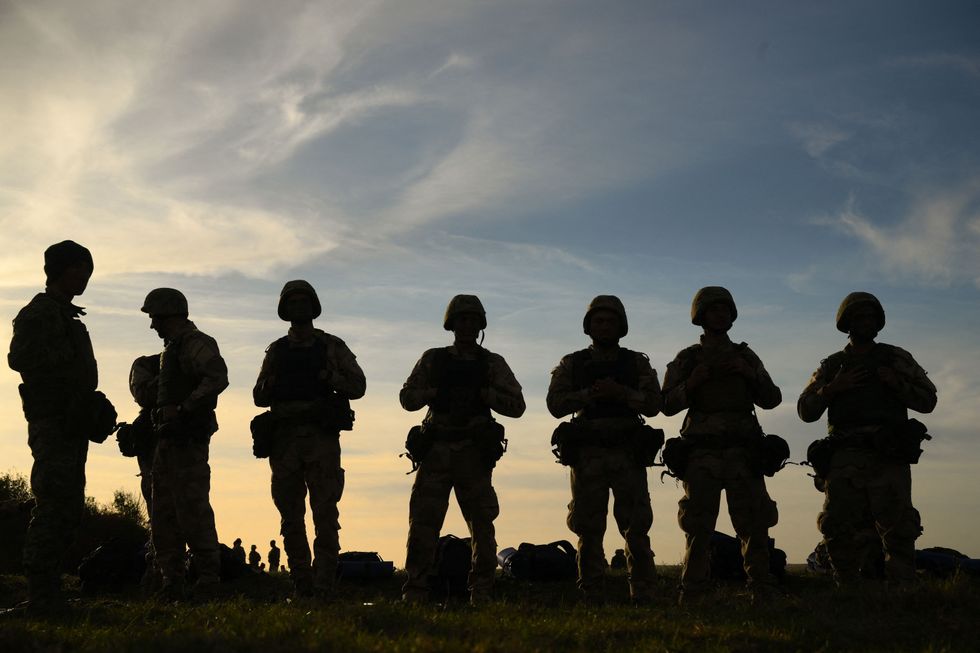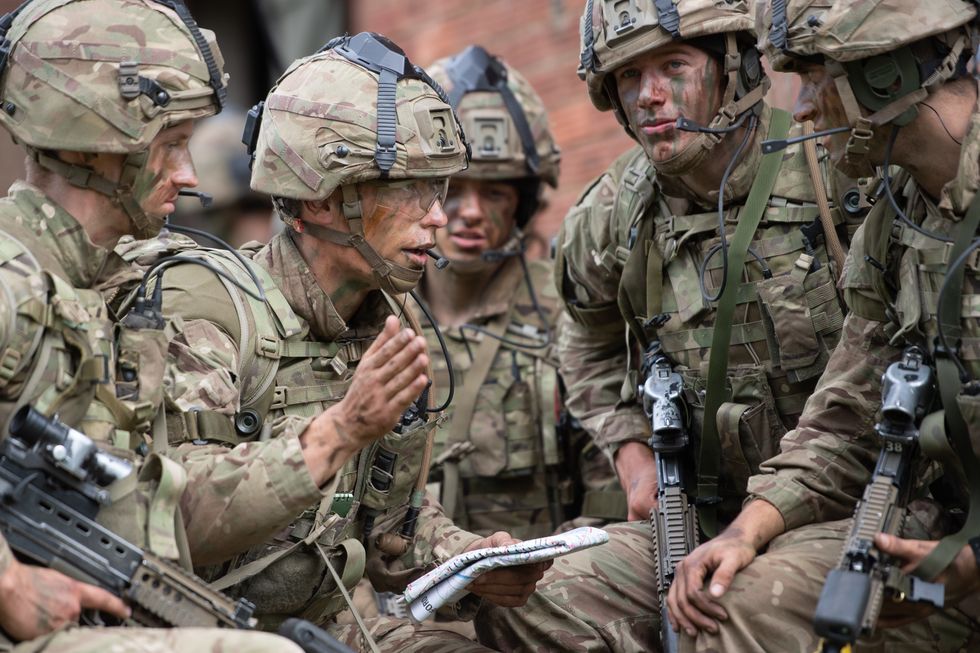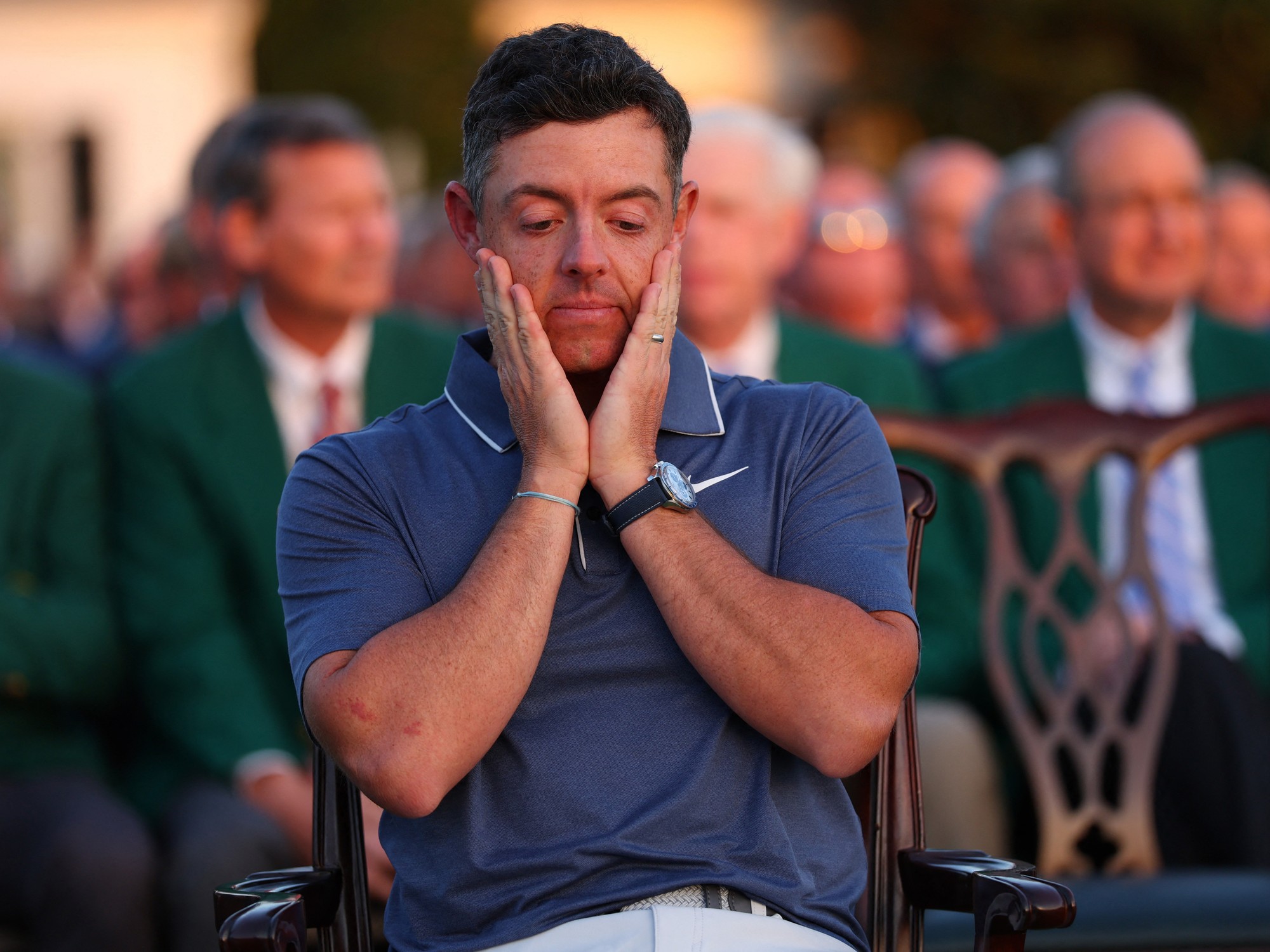Britain’s dwindling army which is 'too small' could struggle in a 'high intensity' conflict against Russia, an EU general has said
Getty
The Government is underway with plans to reduce the army to 73,000 by next year
Don't Miss
Most Read
Trending on GB News
Britain’s dwindling army which is “too small” could struggle in a “high intensity” conflict against Russia, an EU general has said.
A top official has warned that “size matters”, amid the Government’s ongoing cutback of the army, which it said in 2021 that it planned to reduce from 82,000 to 73,000 by next year.
It has almost met this aim, with its current size standing at 73,190, as more soldiers are leaving the force than are joining.
In comparison, France has 110,000 soldiers, whilst Germany is growing its forces to over 200,000 personnel.

A top official has warned that 'size matters', amid the Government’s ongoing cutback of the army
Getty
Top American generals have previously casted doubt on Britain’s role as a top level fighting force, and now numerous senior European figures have waded in on the argument.
An EU general, who wished to remain anonymous, told The Times: “There is a concern about the British Army. We see they are facing difficulties regarding their human resources and also the equipment capabilities. The number of soldiers will be reducing in the next coming months.
“The main problem is the capability of the army to face a high intensity conflict. You must have mass, you must have numbers. In Ukraine you can see we must have mass to fight the Russian army,” they added.
Meanwhile, a second anonymous source said that despite pledges to boost defence spending - with Rishi Sunak promising to increase defence spending by 3.5 per cent of GDP by 2030 - “the British Army is still in decline”.
ARMY LATEST:
In comparison, the US spent 3.4 per cent of GDP on defence in 2023, more than any other nation in the world.
However, the source conceded that in spite of its shrinking forces, the UK is valued by both Europe and Nato due its nuclear deterrent.
Despite officials defending the size of the army, stating it was better that it was more effective than vast, a European diplomat has said: “Mobility is key, but size obviously matters.”
Earlier this month, General Randy George, chief of staff of the US army, said that the UK can’t expect its closest ally to fill the gaps in its forces, urging Britain to become more self-sufficient.

It currently stands at 73,190 personnel
PAHe said: “If you are going to come to the fight make sure you have every capability on the battlefield because it will be difficult for another army to provide that.”
If plunged into battle, the UK has said it can deploy two divisions - 1st Division, which is the army’s global response division made up of more than 30,000 personnel, and 3rd Division, an armoured division of about the same number.
However, General Sir Richard Barrons, former commander of the UK’s Joint Forces Command, said that this idea was “smoke and mirrors”, claiming that Britain has not invested enough in other elements of defence.








